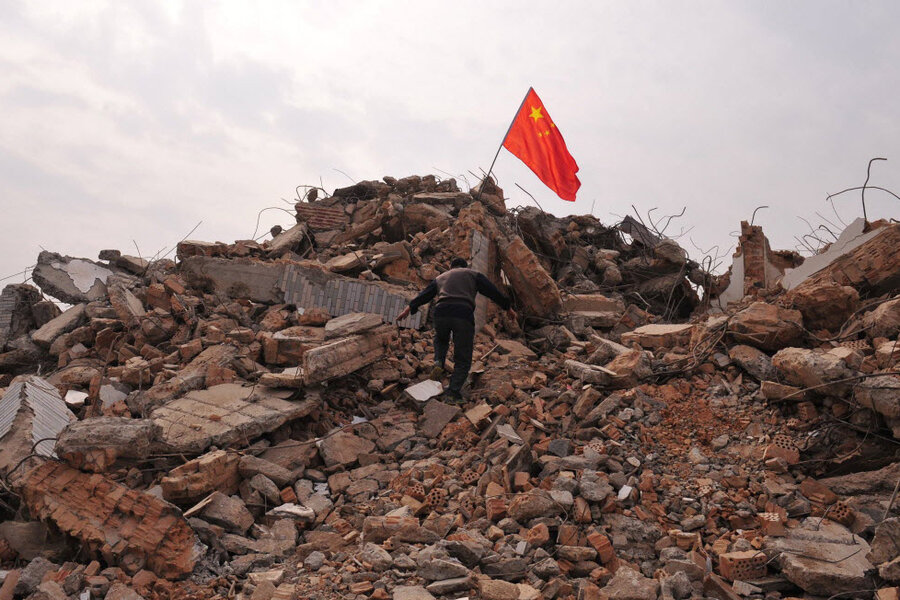Amnesty International reports rise of forced evictions in China
Loading...
| Beijing
Forced evictions in China, a major source of social discontent, have risen significantly in the past two years as local officials and property developers colluded to seize and sell land to pay off government debt, Amnesty International said on Thursday.
Property disputes in a country where the government legally owns all land are often violent and have led to growing social instability, one of the challenges facing a new generation of Chinese leaders, led by Vice-President Xi Jinping.
Amnesty's 85-page report, compiled between February 2010 and January 2012, said violence exerted on residents resulted in deaths, imprisonment and self-immolations.
"Potentially, millions of people in the country are at risk of these illegal forced evictions and indeed protests about forced evictions are the single biggest issue of populist discontent in the country," Nicola Duckworth, Amnesty's senior director of research, told Reuters.
"So it's a huge issue, it's been going on for many, many years, we feel it's rising in scale now and it's really time to put an end to it."
Land sales by local governments soared as officials scrambled to raise the capital needed to hit ambitious targets for infrastructure building set by Beijing in a 4 trillion yuan economic stimulus plan, launched late in 2008 as the global financial crisis raged.
Frenzied speculative activity inflated a real estate bubble that resulted in local governments racking up debts of 10.7 trillion yuan ($1.7 trillion) by the end of 2010 as they also borrowed to build, compelling them to sell yet more land to pay back loans.
Beijing launched a campaign in 2010 to restrict speculative sales and development. There is some evidence of those restrictions working as total land area bought by developers fell 16.2 percent in the first eight months of 2012 versus 2011, with revenues down 7.6 percent in the same period.
China also unveiled new rules in 2011 to outlaw violent forced eviction, promising fair prices to the dispossessed.
Amnesty said it welcomed the regulations, but added they fell short of the standards it would like to see and applied only to urban residents.
Of 40 forced evictions Amnesty examined, nine culminated in the deaths of people protesting or resisting eviction.
A 70-year-old woman, Wang Cuiyan, was buried alive by an excavator in March 2010 when a crew of about 30 to 40 workers came to demolish her house in Wuhan city in central Hubei province, the report said.
Rights groups have repeatedly criticised the government for not doing enough to prevent forced evictions, especially when people are made to make way for large-scale events like the 2008 Beijing Olympics and the Shanghai World Expo in 2010.
($1 = 6.2849 Chinese yuan)
Reporting by Sui-Lee Wee; Additional reporting by Nick Edwards in Beijing and Stefanie McIntyre in Hong Kong; Editing by Jeremy Laurence







